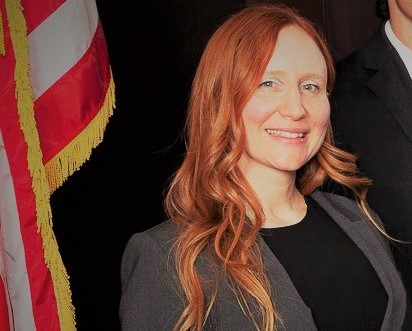Fla. Law Firm Criticized for Collection Efforts Against Accused Shoplifters
A Florida law firm helps retailers discourage shoplifting by sending civil recovery letters to those who are caught, prompting criticism and complaints to the Florida bar.
The Florida firm, Palmer Reifler & Associates, is one of several law firms and collection agencies that send such letters. The missives often threaten a lawsuit unless the accused shoplifter pays $200 or more, the Wall Street Journal reports.
Palmer Reifler has defended its letters as an alternative dispute measure that helps retailers recover the cost of shoplifting.
Civil recovery efforts have faced few legal challenges, according to the story. A federal magistrate in Ohio ruled in a 1993 suit that the Fair Debt Collection Practices Act, which regulates bill collectors, does not apply because civil recovery demands are “a settlement offer for potential tort liability.”
Palmer Reifler does collection work for about four dozen retailers, including Wal-Mart Stores Inc., Walgreen Co. and Lord & Taylor. A firm partner has said Palmer Reifler sends out about 1.2 million civil-recovery demand letters a year, but goes on to file suit only about 10 times a year, the story says. The firm keeps 13 percent to 30 percent of the money it collects.
In some cases, the law firm demands “pre-litigation” legal fees; Florida is one of 10 states that don’t require court approval of such fees.
A Lord & Taylor official testified in a recent deposition that the amount collected from suspected shoplifters in one recent year totaled about $1 million, according to the story.
Judge Donald Hafele of Palm Beach County complained to the bar about one of the law firm’s letters. The bar found no probable cause of an ethics violation and dismissed the complaint, saying the matter requires interpretation of statutory law. The firm was the subject of four other complaints last year, according to the story. Documents posted to the Wall Street Journal show the bar found no probable cause in at least two of those cases. But the bar also warned partner James Palmer that his “methods and professionalism in sending demand letters and subsequent collections activities are questionable.”
Hafele said the bar’s stance in the cases indicates the complaints won’t be resolved in ethics proceedings. “The answer will have to come through case law or the legislature amending the statute, after determining whether the civil theft law is accomplishing what it is designed to do,” he told the newspaper.



